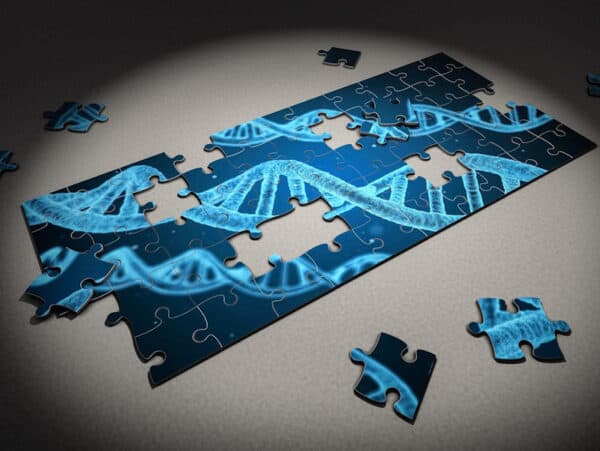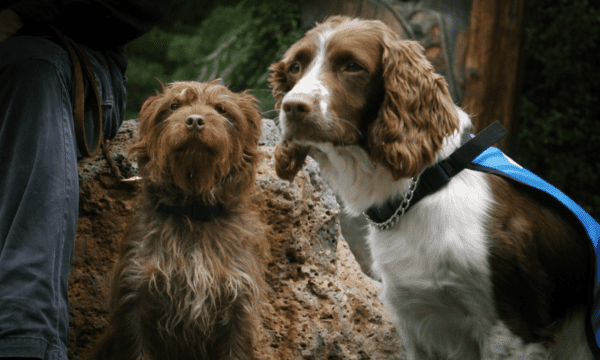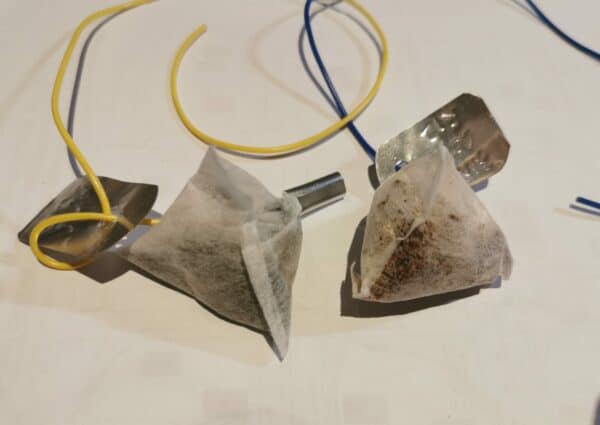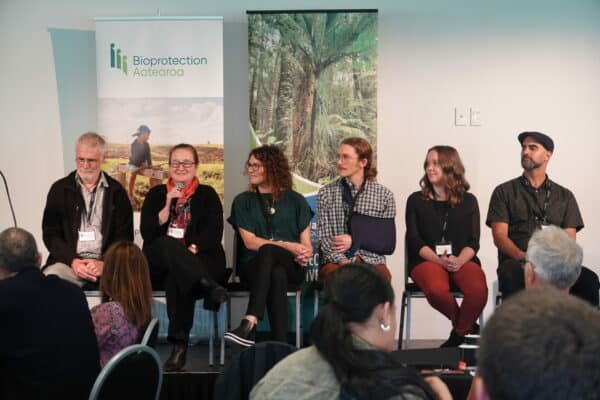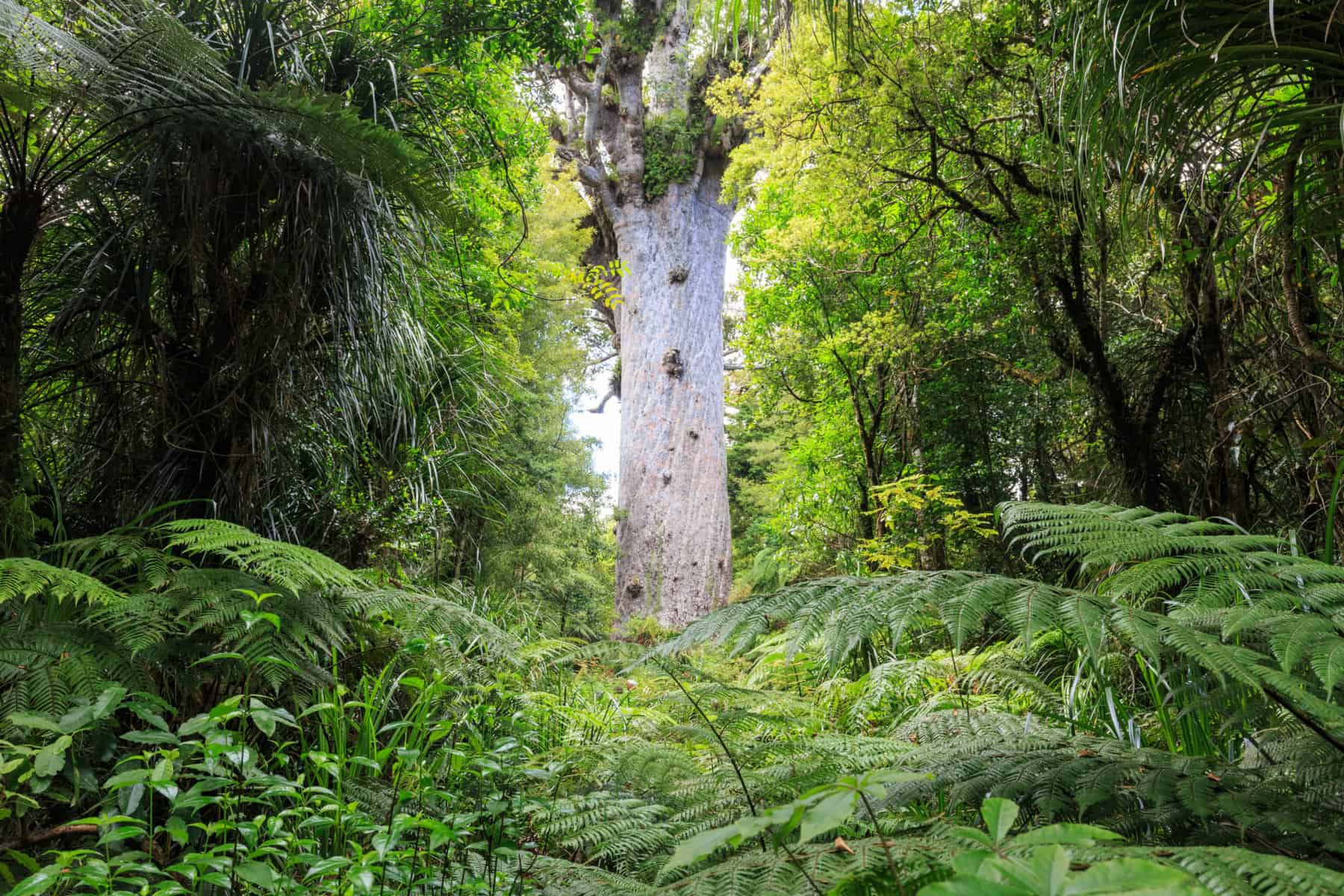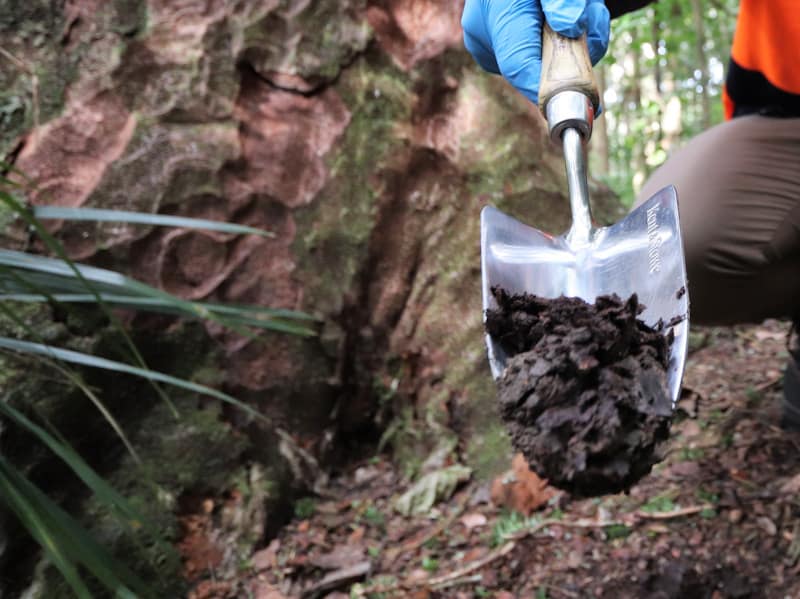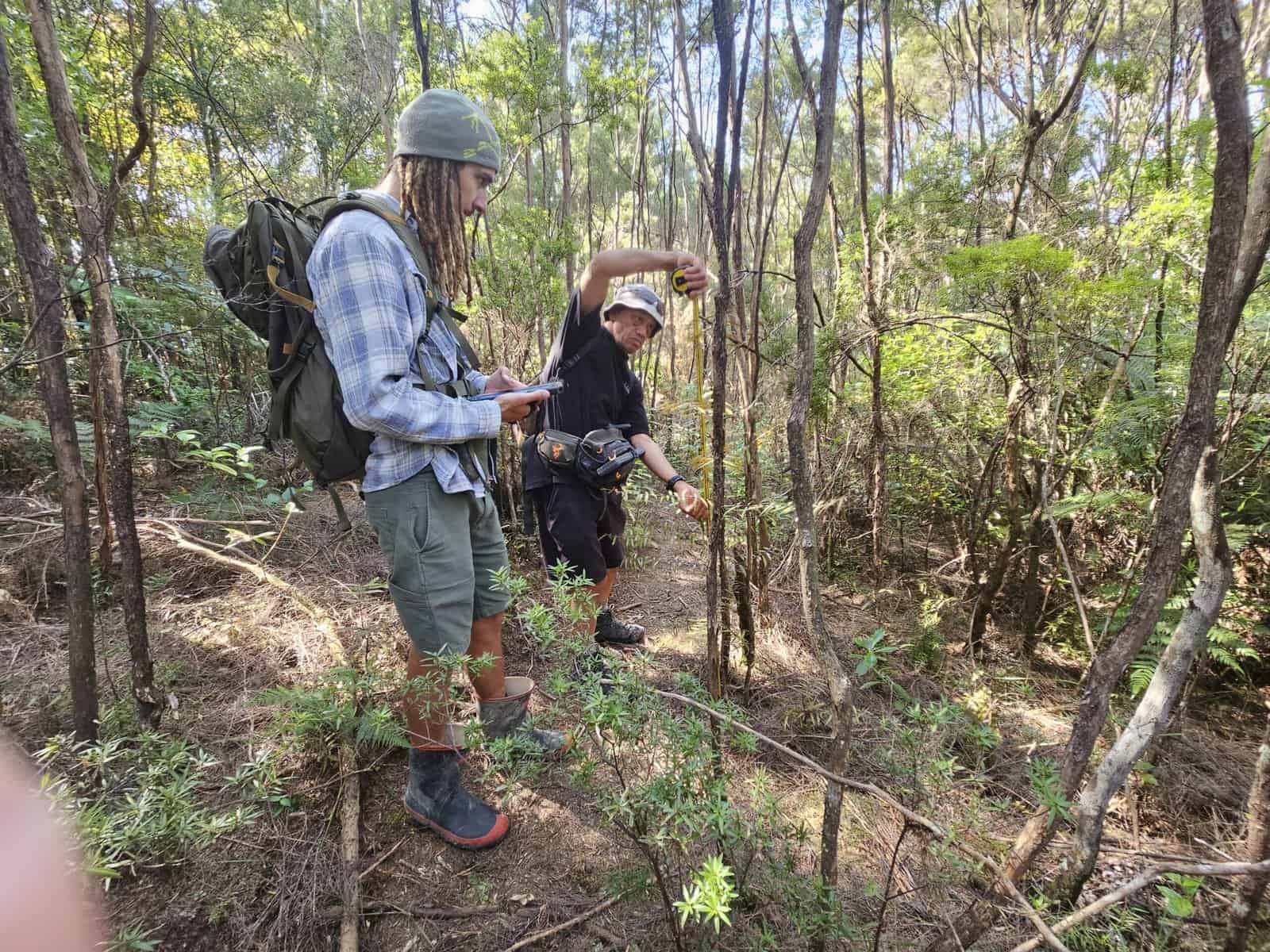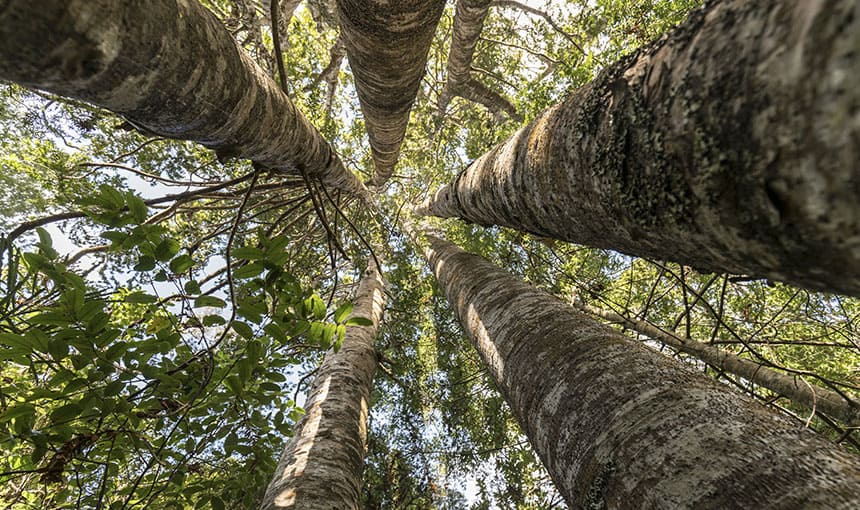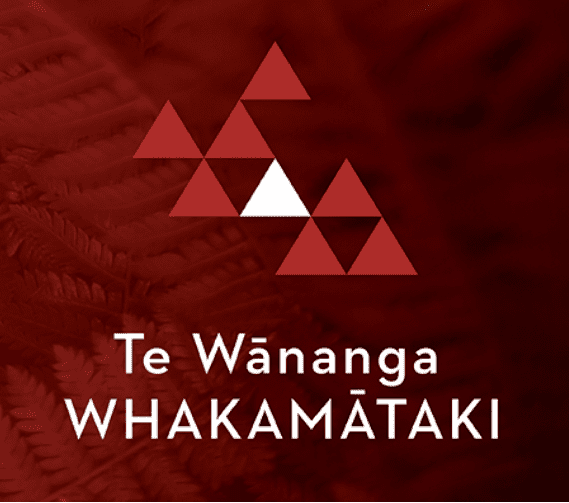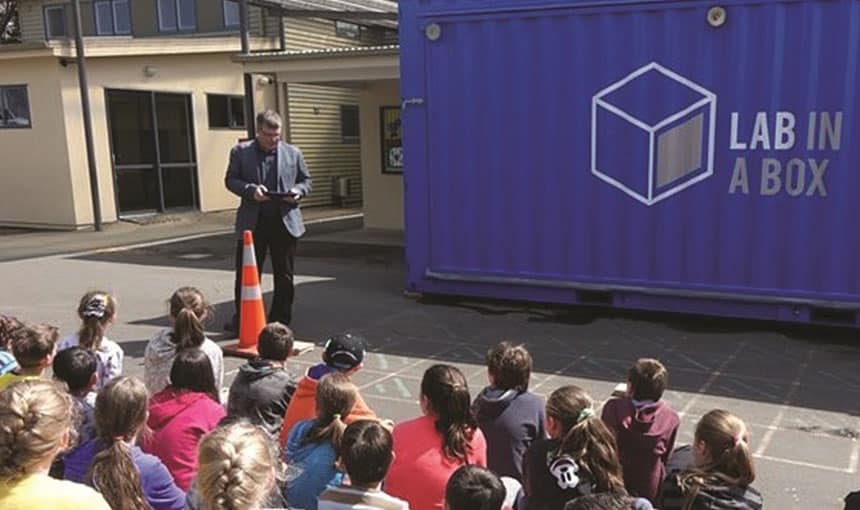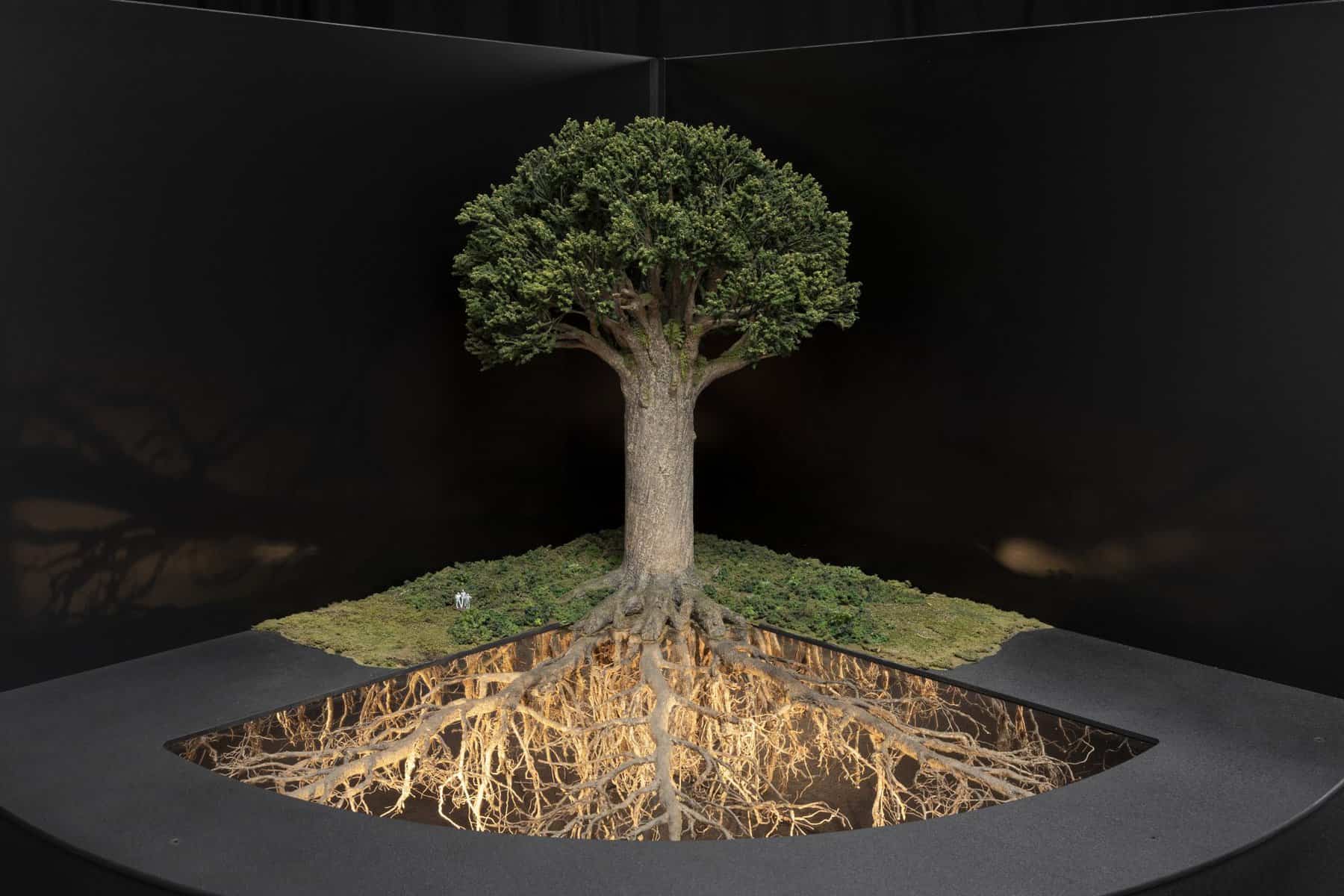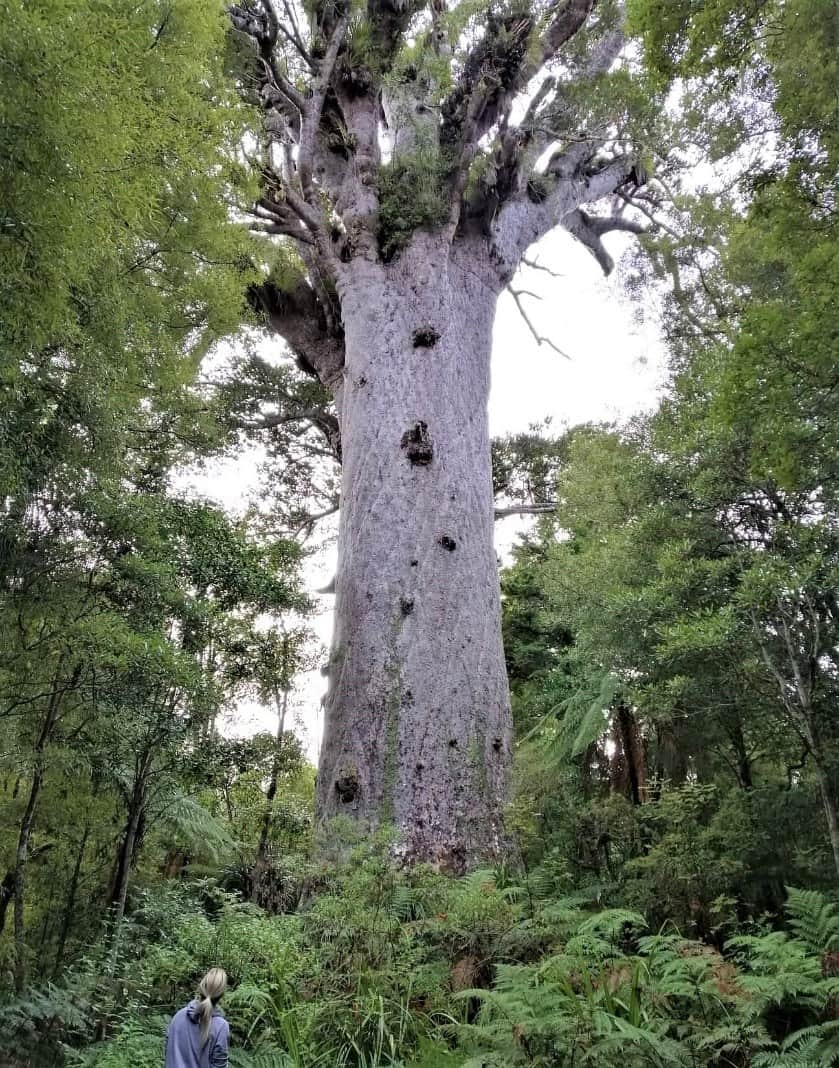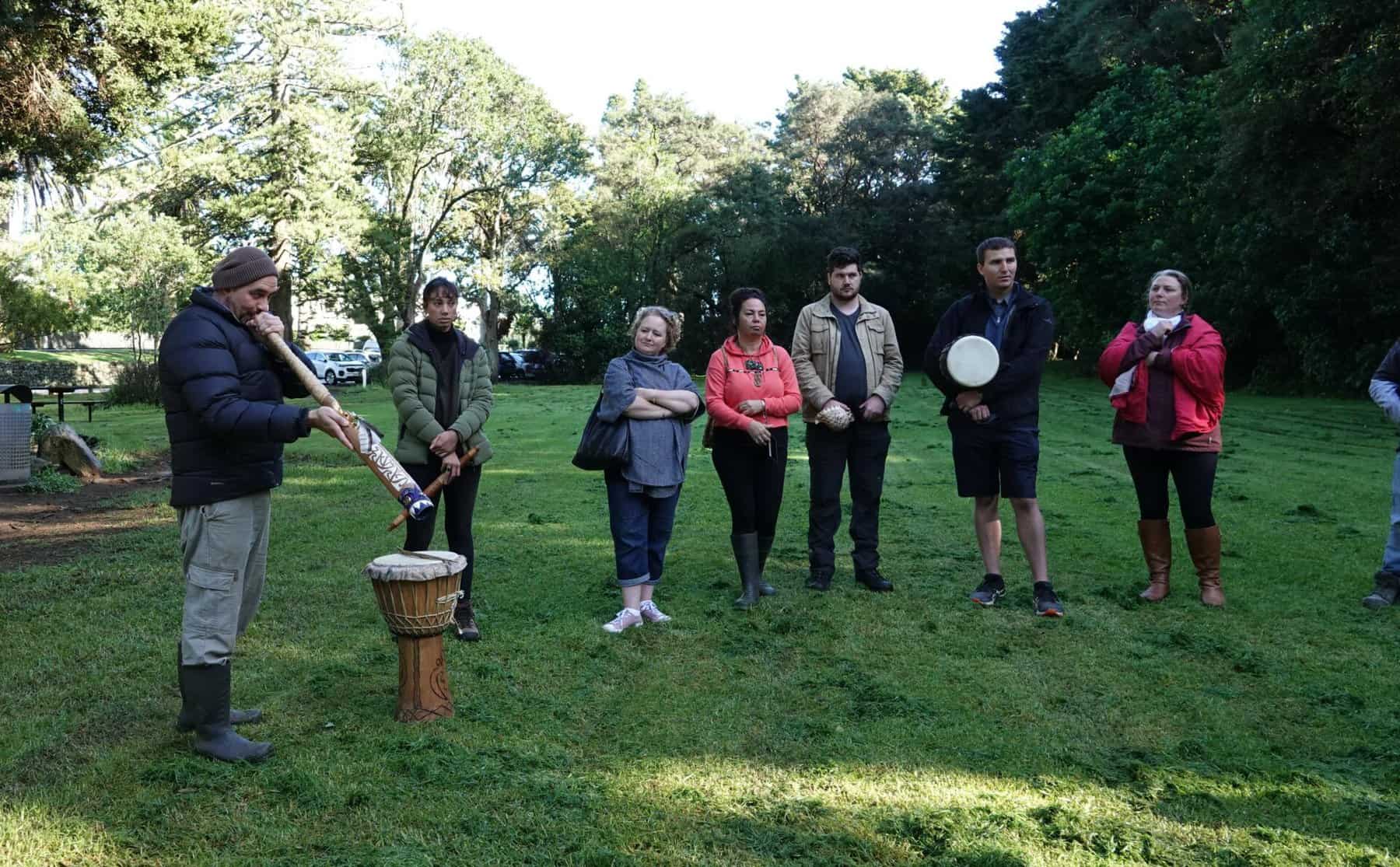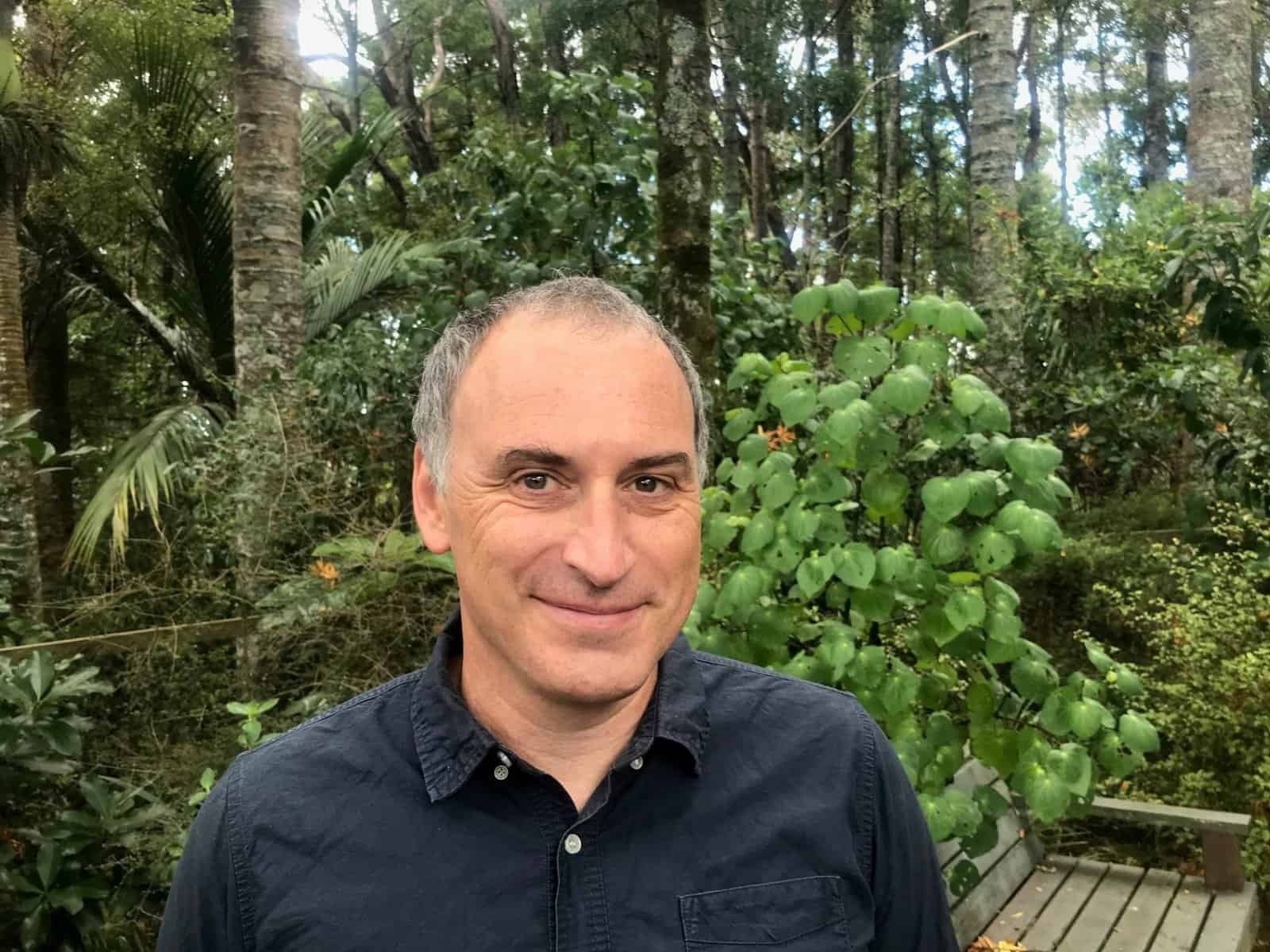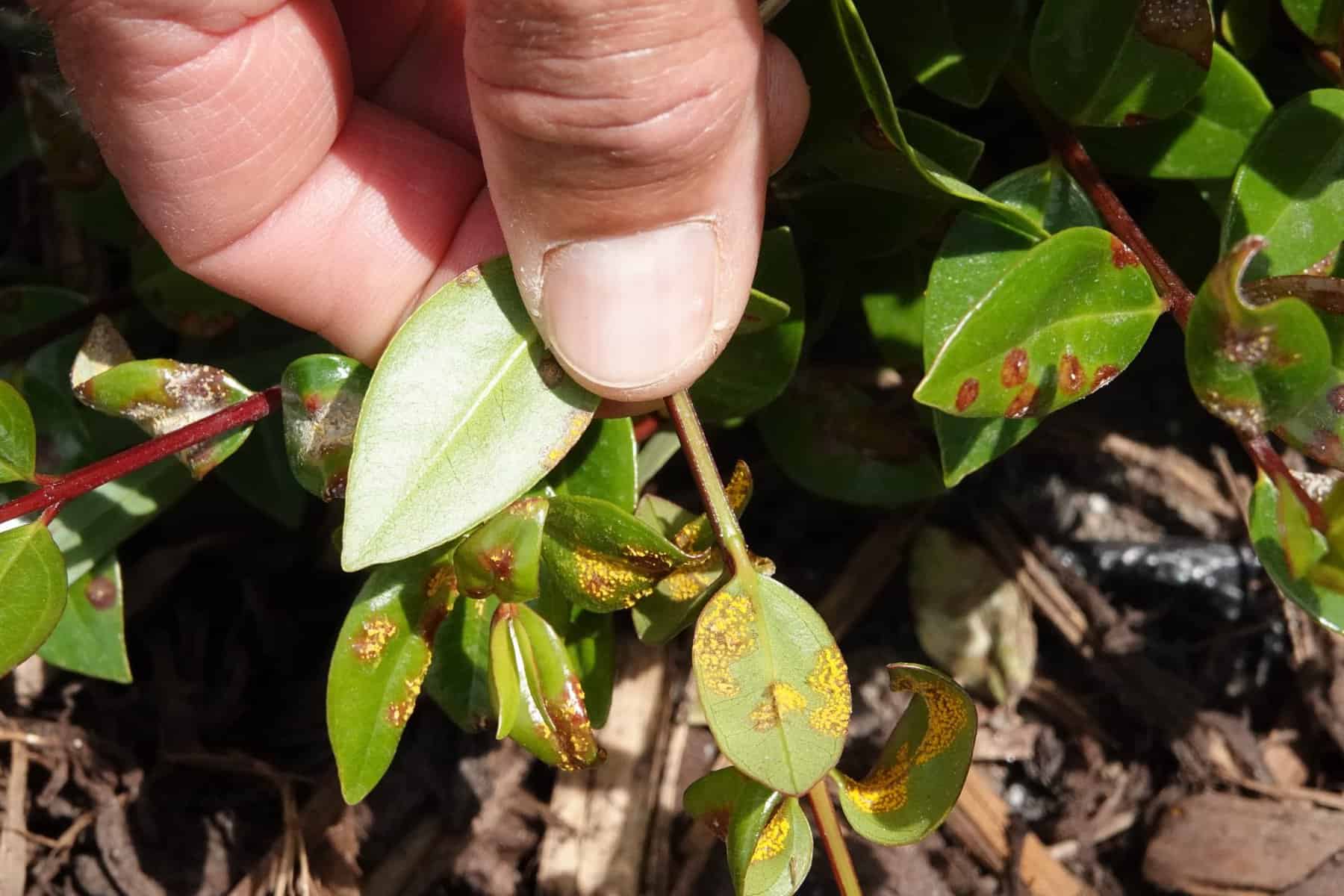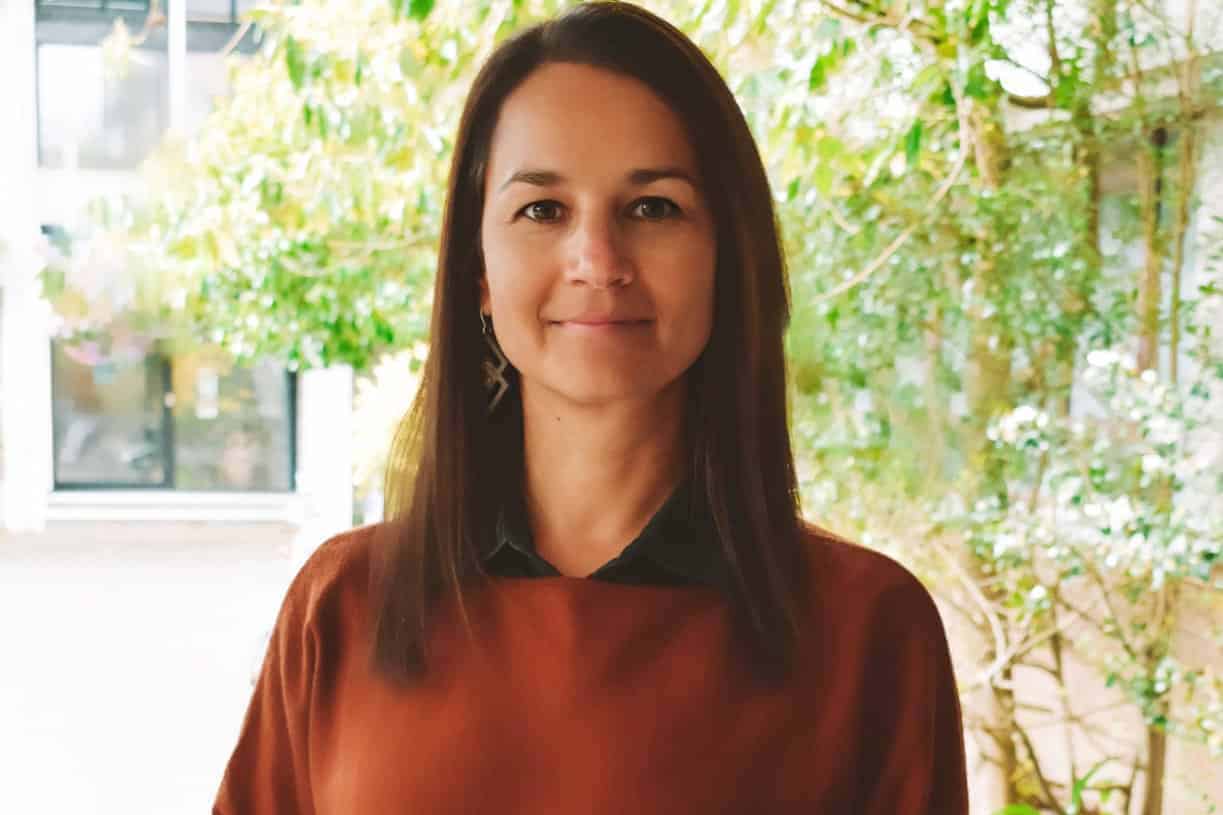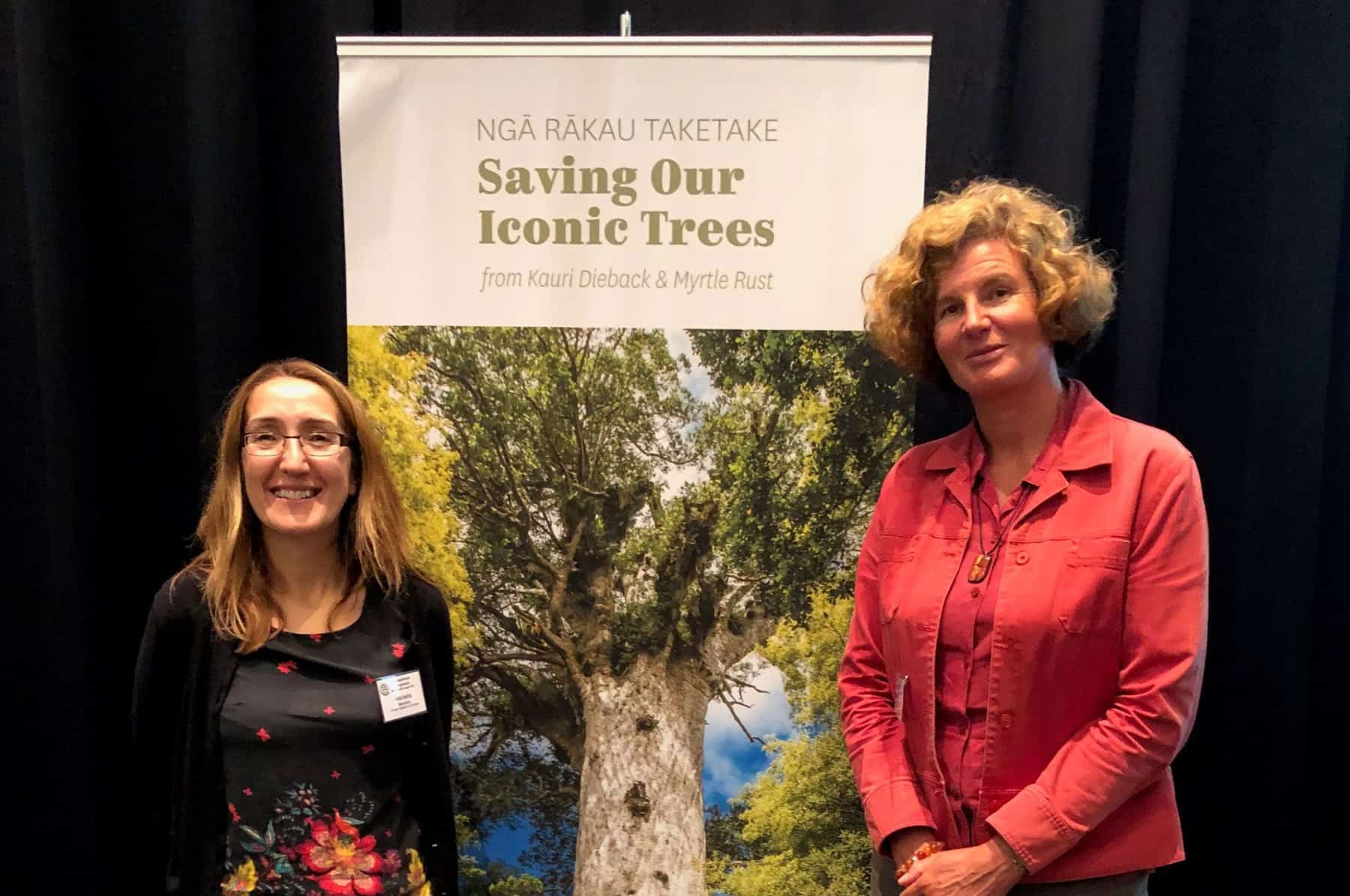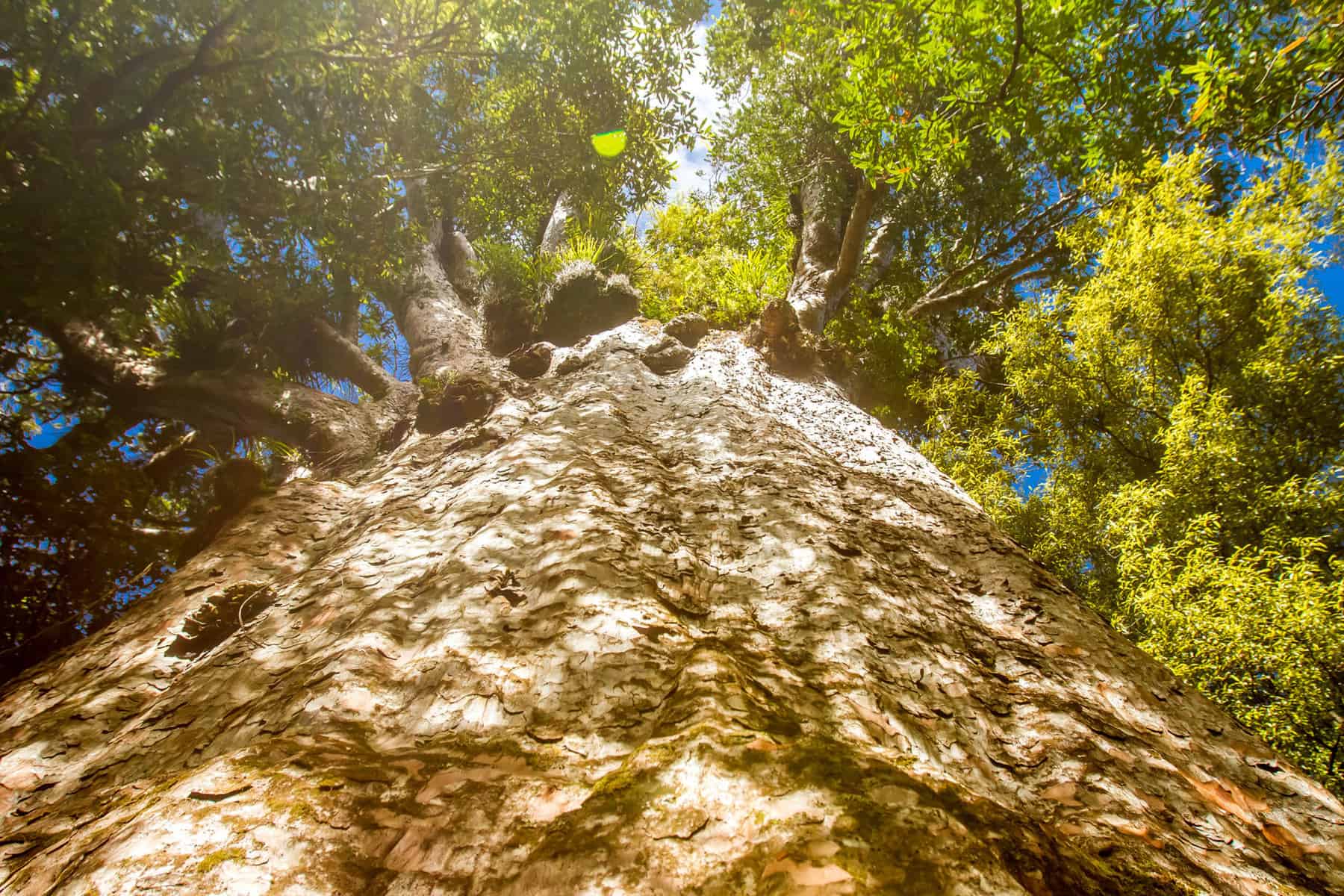Phytophthora agathidicida: research progress, cultural perspectives and knowledge gaps in the control and management of kauri dieback in New Zealand
Kauri (Agathis australis), which is one of the world’s largest and longest-living conifer species, is under threat from a root and collar dieback disease caused…
Te Honongā Kawanatanga Māori – Palmerston North
This project has been designed to assist DOC to better understand their challenges and priorities when partnering with Māori, identifying material and resources likely to…
WEBPAGE: Whare Taonga | Seed Banking
A Te Tira Whakamataki webpage providing information and resources on seed banking: What is Seed Banking (video) The Hub and Spoke Model – Te Tira…
Conservation and Restoration 2021
It’s a huge challenge to conserve and restore kauri and native plants vulnerable to myrtle rust for future generations. It requires Te Ao Māori world…
Te mauri o te Kauri me te ngahere
Ko te Kauri he rākau rongonui, he rākau rangatira puta noa i Te Tai Tokerau. The Kauri (Agatha australis) is a chiefly tree that represents…
BRIEF: Toitū te Ngahere
Mobilising for Action’s Toitū te Ngahere (TTN) project partnered with five primary schools, in Auckland and on Aotea Great Barrier Island, to create children’s art…
What Does The Ideal Forest Biosecurity System Look Like?
This visual graphic was developed for a policy workshop with Auckland Council to outline concerns community had raised about how they would like to be…
Ancient Rongoā Māori practices to fight Kauri dieback are part of a broader revival of indigenous traditional practices in NZ
Traditional Rongoā Māori health practitioners claim indigenous treatments are curing Kauri trees of dieback and the Government is investing.
Integrated Surveilance 2022
The ‘Integrated Surveillance’ team is elevating the status of the environment into Aotearoa New Zealand’s biosecurity surveillance system. The environment-centric surveillance framework focuses on…
‘Pūrākau o te Ngahere’: Indigenous Māori Interpretations, Expressions and Connection to Taonga Species and Biosecurity Issues
The utility of mātauranga Māori (Māori knowledges) in Aotearoa|New Zealand Forest conservation is not particularly visible in research and policy. Indeed, current forest biosecurity processes…
Pro-Environmental Behaviour in Relation to Kauri Dieback: When Place Attachment Is Not Enough
The iconic kauri tree of Aotearoa New Zealand is under increasing threat due to the plant disease kauri dieback, with human activity believed to be…
The Fatty Acid Methyl Ester (FAME) profile of Phytophthora agathidicida and its potential use as diagnostic tool
Phytophthora diseases cause devastation to crops and native ecosystems worldwide. In New Zealand, Phytophthora agathidicida is threatening the survival of kauri, an endemic, culturally and…
